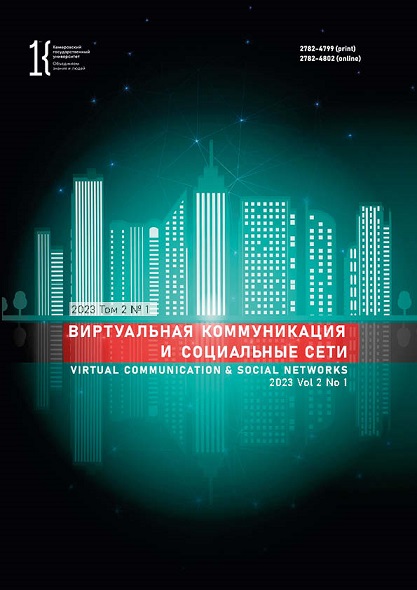Taipei, China
The article deals with the linguadidactic modeling of online academic correspondence based on Yu. N. Karaulov’s theory of linguistic personality. The theory includes three fundamental linguadidactic questions: Who do you teach?, What do you teach?, and How do you teach? The category of secondary linguistic personality and its linguadidactic interpretation made it possible to determine the foreign student – teacher relations in the changing academic communication. The analysis revealed that the gravity center shifted to the foreign student. This transformation accelerated the synergy of student’s academic and cognitive activity. Nowadays, the task of the teacher is to organize this activity and provide study material, which is updated during online correspondence. Online academic correspondence has the following main strategies: content-informative, emotional-evaluative, etiquette, and style-forming. The linguistic personality theory provides new principles of organizing academic material according to three levels: verbal-semantic, cognitive, and motivational-pragmatic. The method also includes S. Krashen’s principles of natural approach, M. Lewis’s lexical approach, L. N. Murzin’s derivational theory, N. Chomsky’s theory of language acquisition, collocation theory, lexic-semantic field theory, theory of propositions, etc. The linguadidactic tools include I. Frank’s adapted reading technique, the method of vocabulary clouds and mental maps, N. D. Golev’s reverse machine translation technology, etc.
linguadidactics, secondary linguistic personality, structure of linguistic personality, online correspondence strategies, natural language acquisition, speech-generating model in linguadidactics
1. Golev N. D. Electronic correspondence as a strategy and tactics of teaching foreign languages (linguadidactic project). Language and Culture, 2015, (2): 105-116. (In Russ.)
2. Zvegintsev V. A. Introduction to: N. Chomsky. Aspects of the syntax theory. Moscow, 1972, 5-7. (In Russ.)
3. Karaulov Yu. N. Russian language personality and its studies. Language and Personality, 1989, 3-8. (In Russ.)
4. Karaulov Yu. N. The Russian language and linguistic personality. Moscow: Nauka, 2010, 264. (In Russ.)
5. Murzin L. N. Fundamentals of Derivatology. Perm, 1984, 56. (In Russ.)
6. Potemkina E. V. Methods of secondary linguistic personality formation. Bulletin of Leningrad State University, 2013, (2): 215-224. (In Russ.)
7. Chomsky N. Aspects of the syntax theory. M., 1972, 129. (In Russ.)
















